What is your favorite holiday? Maybe you love Halloween, look forward to Christmas, or enjoy St. Patrick’s day. Did you know there are scientific anniversaries you can also celebrate annually? These big days celebrate the achievements and lives of men and women in science, math, and technology. From Orville Wright to Marie Curie, these people had significantly improved our lives with their discoveries and inventions. Other scientific anniversaries are days for preservation, education, and appreciation. Hopefully, they inspire you to take action and do something to help the planet. Even if you do something small, it makes a difference. Each person doing one little part means we all can come together as a unit and make the world a better place, right?
There are more reasons you should celebrate these important dates related to science every year. Drawing attention to them will help us understand more about the field of science and become inspired to keep working on their vision. The best thing about this list is that you will learn a lot about remarkable people. During your celebration, you can also help save the planet while having fun. You can stay in with the family or go to events to meet fellow science lovers. Maybe some of these dates speak to you more than others, depending on your science niches. Either way, mark your calendars and get ready to celebrate. You can join social networks for worldwide aid. Or keep it simple and just teach your kids a little bit about science. Keep reading to discover over 20 scientific anniversaries you can celebrate every year.
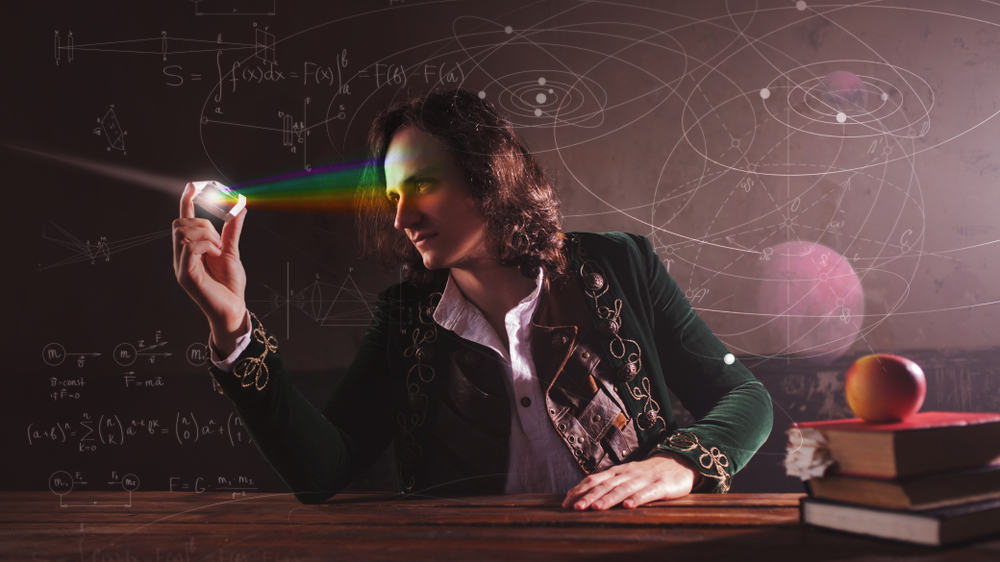
21. Isaac Newton’s Birthday (January 4th)
The legendary Sir Isaac Newton was an English Mathematician. He revolutionized the scientific world in the 17th century by discovering various things, including creating the foundation of modern physical optics, finding the composition of white light with the colors into the science of light. Newton also made the three laws of motion (Inertia, F=ma, and the law of action and reaction). With also working in mechanics, he made the basic principles of modern physics which brought the formulation of the law of universal gravitation. Furthermore, that is just the tip of the iceberg. Thanks to him, science and math evolved into what we know today.
Speaking of math, he was the original discoverer of calculus, which may or may not be your best enemy. The Newton unit of measurement is one of the most important works in the history of modern science. Nicolaus Copernicus suggested that the sun was in the center of the universe in 1543. Nevertheless, Newton was the one who explained and showed why this might be the correct answer. This theory is the scientific revolution. If it weren’t for Newton’s many discoveries, life as we know it would have been different. So every year we need to celebrate the life of a man of science that changed the world.
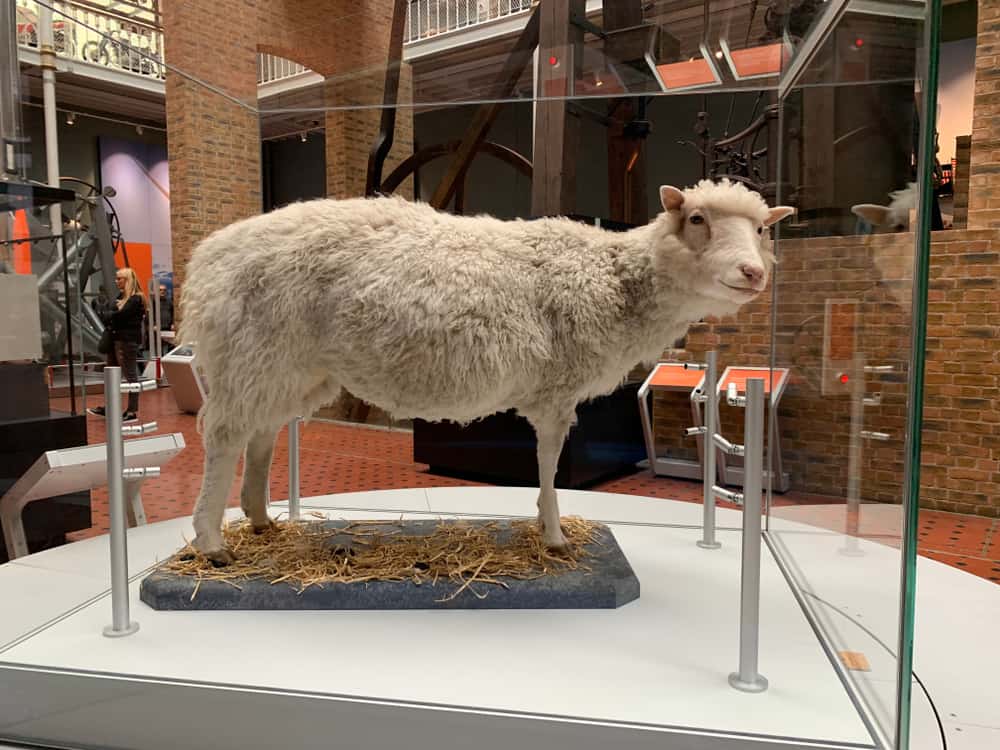
20. Celebrate the Birth and Cloning of Dolly the Sheep (July 5th)
Were you born in the early 90s? Maybe you remember the revolution that Dolly the sheep did to the world. Named after singer and actress Dolly Parton, this sheep is the first mammal to be successfully cloned from an adult cell. It was something people attempted for decades. In some cases, there have been cloning from embryonic cells, but never from an adult cell. A team of scientists from the Roslin Institute in Edinburgh, Scotland, cloned her. They originally code-named it “6LL3”. They took the adult cells from an udder of a six-year-old ewe that was later cultured in a lab using microscopic needles, a method used in human fertility treatments.
After many attempts and producing a few regular eggs, scientists implanted them into surrogate ewes. Moreover, 148 days later, Dolly was born on July 5th, 1996, and was announced publicly in February 1997. It became a dream come thru for many scientists, but for other and part of the public, this was a nightmare filled with controversy. At the same time, many saw this as a lead for scientific advances to treat many degenerative nerve diseases like Alzheimer’s or even an excellent way to save endangered species. Nevertheless, others thought it was unethical and dangerous since it could lead to human cloning. Anyway, Dolly the sheep’s birth was a scientific achievement that we can celebrate each year.

19. Pi Day (March 14th)
People celebrate this delicious mathematical day worldwide. Why? To celebrate the importance of Pi aka π, which is the Greek equivalent. If you are not sure what it is, mathematicians use the symbol Pi to represent a constant, the ratio of a circle’s circumference to its diameter. No matter the size of the ring, the distance around the edge is more than three times the distance across. Pi is nothing new; it’s been around for over 4,000 years and studied by many mathematicians, like Newton, Leibniz, and Fibonacci. Some even spend most of their lives calculating and looking at Pi.
What’s cool about Pi Day is that math enthusiasts, and anyone else who cares, love to recite out loud and on the internet the infinite digits of Pi, which starts with 3.141159, etcetera. There is also lots of chat about math with friends and strangers while eating a good piece of the pie. Researchers have even found rope marking places where buildings estimated pi to be 3.125 in ancient Babylon. Even Egyptians determined the ratio, which was mainly based on measurements. So if you love math and everything to do with Pi and delicious pies, then this is the anniversary that needs to be on your calendar.

18. Earth Day (April 22nd)
Earth Day is a celebration of the only home we have in the universe and its preservation and care for it. On this day, there are many activities held worldwide—primarily things related to environmental science, which are used to educate everyone of all ages. The event was proposed in 1969 at a UNESCO conference in San Francisco by activist John McConnell to honor Earth. What started as a small-town event ended up being a Nationwide event that began in 1970. More than 20 million people participated the first year, which remains the largest single-day protest in human history.
Today, 141 nations celebrate this event after it went global in 1990. On 2020 Earth Day, over 100 million people from many parts of the planet marked the 50th anniversary, making it the most significant online mass mobilization in history. On record, over 1 billion people have joined the movement to date to help lower global warming and the environment in general. What’s great about this anniversary is that there are many activities for everyone that are easy to do and won’t cost anything. Turn off your lights, conserve water, and plant a tree. Even if it sounds like tiny things, it can help make this planet a better palace.
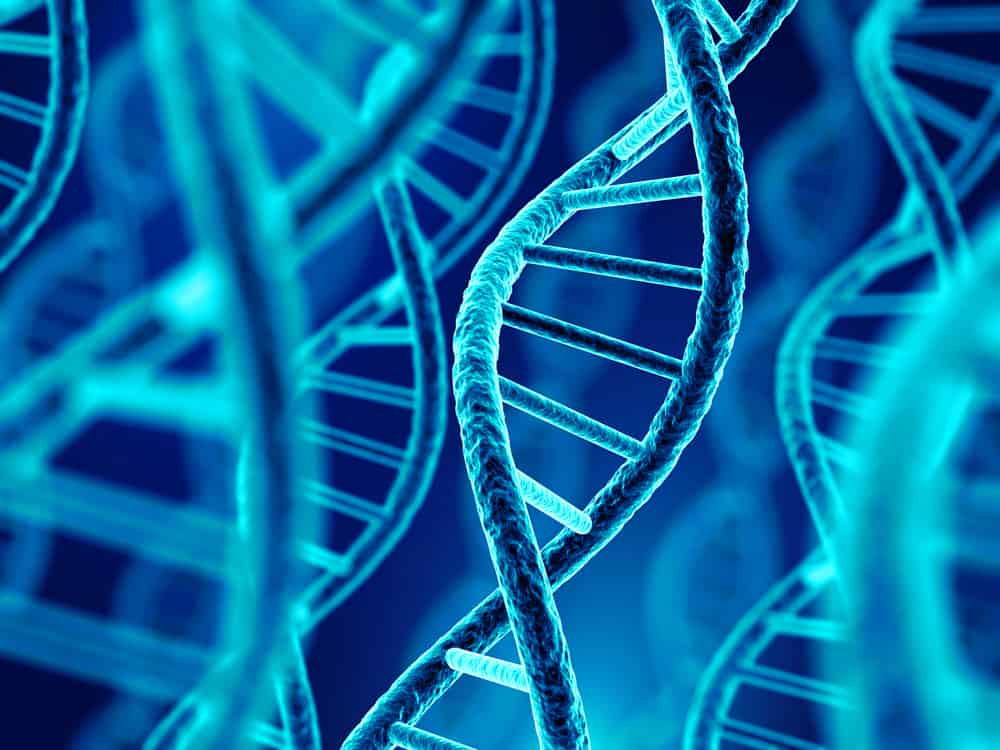
17. The 150th Anniversary of the DNA Discovery (April 25th)
This anniversary is rich in history and of extreme importance for humanity. Suppose it wasn’t for it; so many discoveries about the evolution of the human race. When Johann Friedrich Miescher went to medical school and started his research, biochemistry was still very young with little understanding. So when Miesher started studying white blood cells, he soon found a substance in the cell nucleus that stood out from the proteins and lipids in the rest of the cell. He called it a nucleim, which scientists later identified as DNA. Even after this significant discovery, it wasn’t until 1869 when chemist Felix Hoppe-Seyler repeated the experiments himself to make sure they were right and published their findings in 1871.
When Miescher discovered the nuclelin, he knew that this was bigger and more important than a protein, without knowing that he found the carrier of heredity. One hundred years after Miescher’s birth, scientists established that the discovery of DNA was the substance of genes. After completing the Human Genome Project in 2003, and James Watson and Francis Crick’s discovery of the DNA’s double helix in 1953, April 25th became DNA day officially to celebrate all the human achievements. It’s a day where students and the general public have a way to learn and appreciate all the advances in genomic research and explore its importance in our lives.
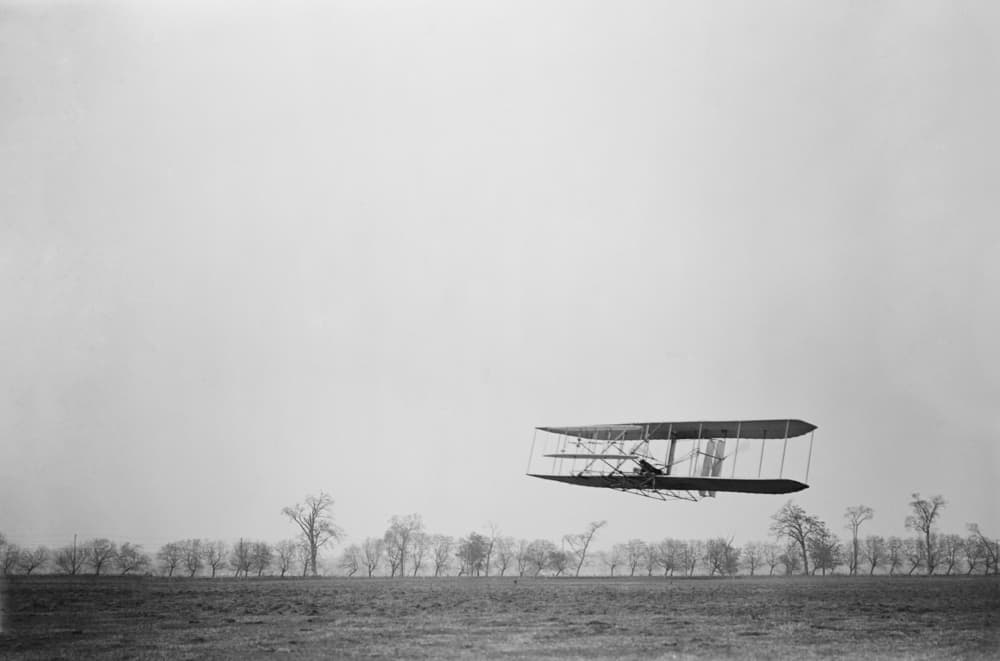
16. Celebrate National Aviation Day on Orville Wright’s Birthday (August 19th)
Franklin Delano Roosevelt established this day in 1939 to celebrate the anniversary of Orville Wright’s birthday, which was still alive when it was declared. The Wright brothers, including Wilbur and Orville, pioneered American aviation with the invention of the first successful motor-operated plane. They also built they plane and flew it. The National Aviation Day is proclaimed every year by the sitting President of the United States. If they want, it can order all federal buildings and installations to fly the US flag that day and encourage people to seek activities that encourage everyone to learn more about the importance of aviation. Today, aviation is one of the most important ways of transportation, and thanks to it, companies like NASA, SpaceX, and Blue Origin are emerging with technology to keep advancing.
There are many ways to celebrate this day. For example, you might fight various aviation shows all over the Nation, most notably, the Chicago Air and Water Show, the NY Air show, and the Cleveland National Air show. Even gaming company Rockstar Games commemorated the day by releasing aviation-themed content for Grand Theft Auto V in 2014. Not only that, but NASA has many educational activities for kids and adults of all ages with downloadable content. They also encourage people to visit Science Museums to explore their latest technology advances in planes. NASA invites people to join the conversation in Social Media, highlighting engineers, pilots, and scientists who have made a difference in our world.

15. The First Female Medical Doctor: Elizabeth Blackwell (February 3rd)
The 1800s were not very progressive regarding women’s education. That is, women could not choose what they wanted to do with their lives. Of course, they could do typical house chores. In the medical and science fields, men viewed women as inferior. People did not take women seriously. That is until Elizabeth Blackwell came to New York from England. She worked her way into becoming America’s first licensed woman medical doctor. One of the first jobs she had was teaching at a boarding school. However, everything about her path changed when one of her best friends passed away. Right then and there, she began applying to many medical schools.
At first, all she got were rejection letters until she received an acceptance letter from Geneva College one faithful day. Apparently, the staff looked for feedback to the school’s students were they accepted to add her, even if they thought it was a joke. After getting her license, she went to Europe for two years and returned to New York City to open a clinic to serve poor women and children. A few years later, she founded her medical women made especially for women. Her achievements helped make way for more females in the medical field, and celebrating her life is the best thing to keep this part of history alive.

14. World’s Ocean Day (June 8th)
World’s Ocean Day is an international celebration to encourage people to preserve and raise awareness for the oceans. Oceans cover 70% of the Earth’s surface. Understanding how essential oceans are for the planet to thrive is one part of the objective of this day and movement. Canada’s International Center for Ocean Development and the Ocean Institute of Canada first proposed this initiative in 1992. They announced it at the UN Conference on Environment and Development in Rio de Janeiro, Brazil. Since then, Word’s Oceans Day has been working with hundreds of organizations worldwide. They work together to help marine life and oceans for a better world.
Their objectives right now are to support the protection of at least 30% of our waters by 2030 with their campaign “30×30.” Having a healthy ocean is critical to help with the climate crisis we are in right now. By protecting Earth’s life support system, we can save many marine species that are in danger. The organization is also joining forces with many world leaders. Together, they are committed to finding solutions to stop climate change. More importantly, before it goes to the point of no return. It is important to let everyone’s voices ring out on June 8th in celebration of this day. That way, we are sending a message to those who can change our future for the better.
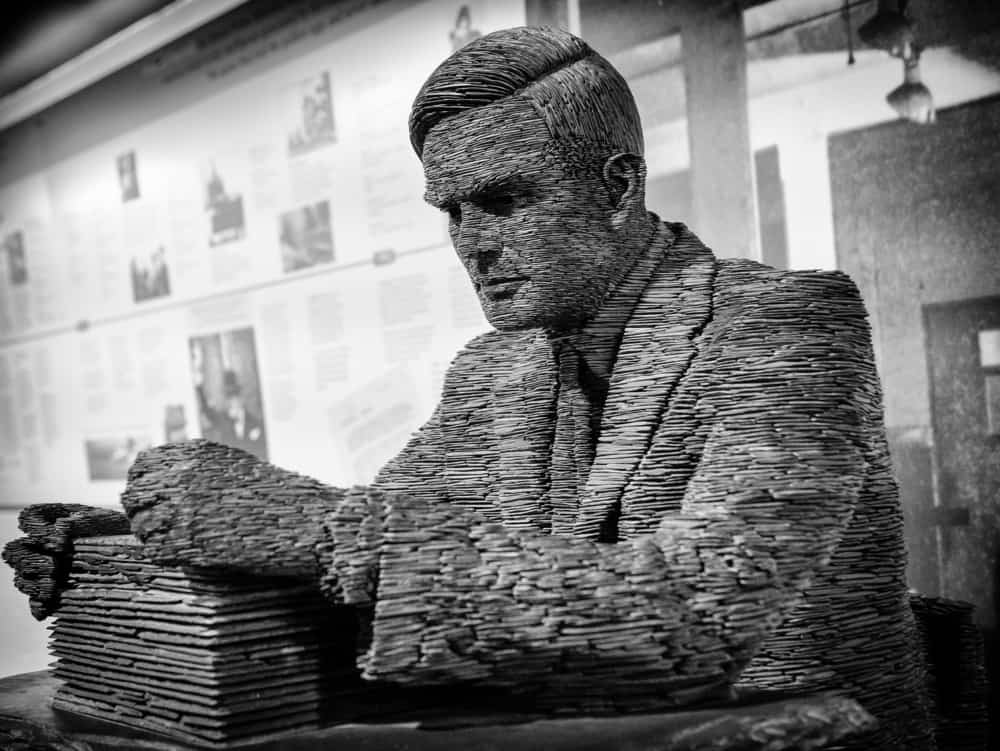
13. Celebrating the Father of Theoretical Computer Science, Alan Turing (June 23rd)
One of the most brilliant minds in human history is British Mathematician Alan Turing. That is why they have a day to celebrate his life and achievements. He was an early 1900 computer scientist, logician, philosopher, theoretical biologist, and code breaker. Turing is one of the most influential people developing theoretical computer science. This science is responsible for giving us a base of concepts of algorithm and computing using the Turing Machine. This machine is the first model of a general-purpose computer. People also know him as the father of artificial intelligence. Why? Because he discovered the computation theory. It suggests that a machine using symbols as simple as “0” and “1” can simulate a conceivable act of mathematical deduction.
While he was a fellow at King’s College in Cambridge, he published proof that some mathematical yes or no questions can’t be answered by just using computation. Doing so defined what later became the Turing machine. After obtaining his Ph.D. from the Department of Mathematics at Princeton University, he went on to work for the Government Code and Cypher School during World War II. He even led the section responsible for German naval cryptoanalysis, where he devised several techniques that made code-breaking faster. His extensive legacy and story are so fascinating that it was made into “The Imitation Game” movie starring Benedict Cumberbatch. Let’s celebrate Alan Turing on June 23rd.
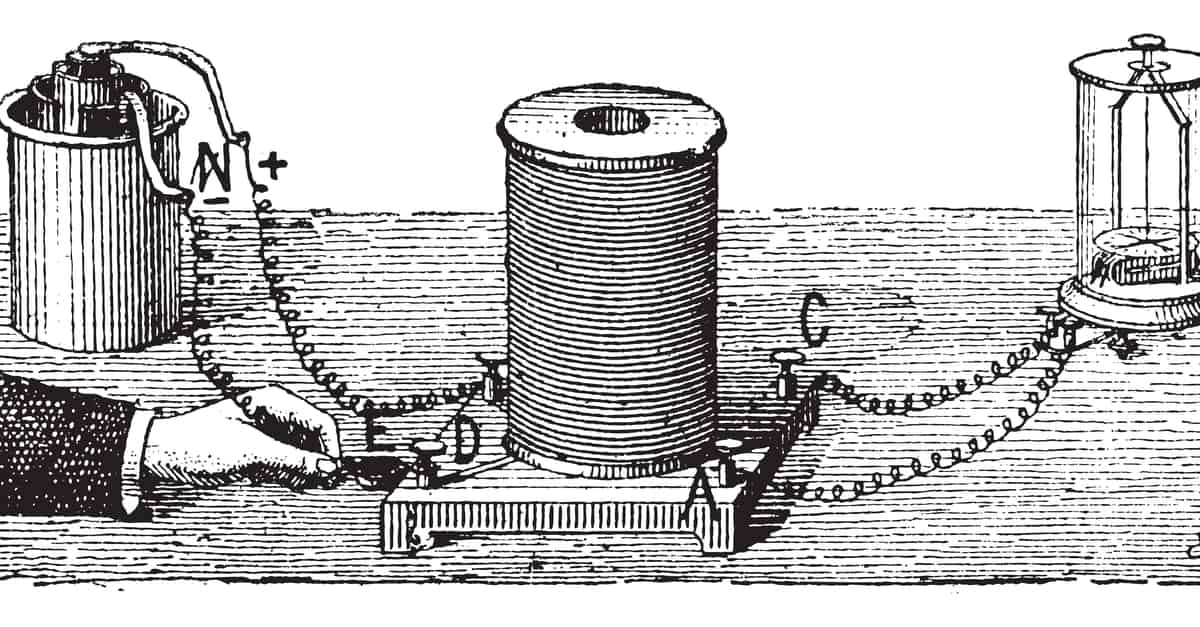
12. A Shocking Michael Faraday Birthday (September 22nd)
English scientist Michael Faraday is also one of the most influential scientist in history, and he barely received any formal education. Still, his discoveries with underlying electromagnetic induction, electrochemistry, and magnetism helped shape the future of technology. Even Albert Einstein kept a picture of Faraday on his study wall next to Maxwell and Newton for being an inspiration in his achievements in science. His long list of accomplishments included underlying electromagnetic induction, electrolysis, and diamagnetism. He also established that magnetism could affect rays of light. He is also the inventor of electromagnetic rotary devices that helped form the foundation of electric motor technology.
From the 1700s, he was ahead of his time and even showed how electricity was an essential part of technology. He was also a chemist who discovered benzene, researched clathrate hydrate of chlorine, invented what we will know later as a Bunsen burner and the system of oxidation numbers. Faraday ended up becoming the first Fullerian Professor of Chemistry at the Royal Institution. Even more impressive about his resume is that everything he achieved was done in an unambiguous and straightforward language that everyone could understand. What is even more mind-blowing is that he was not that good at math, showing that you can do anything you put your mind to do.
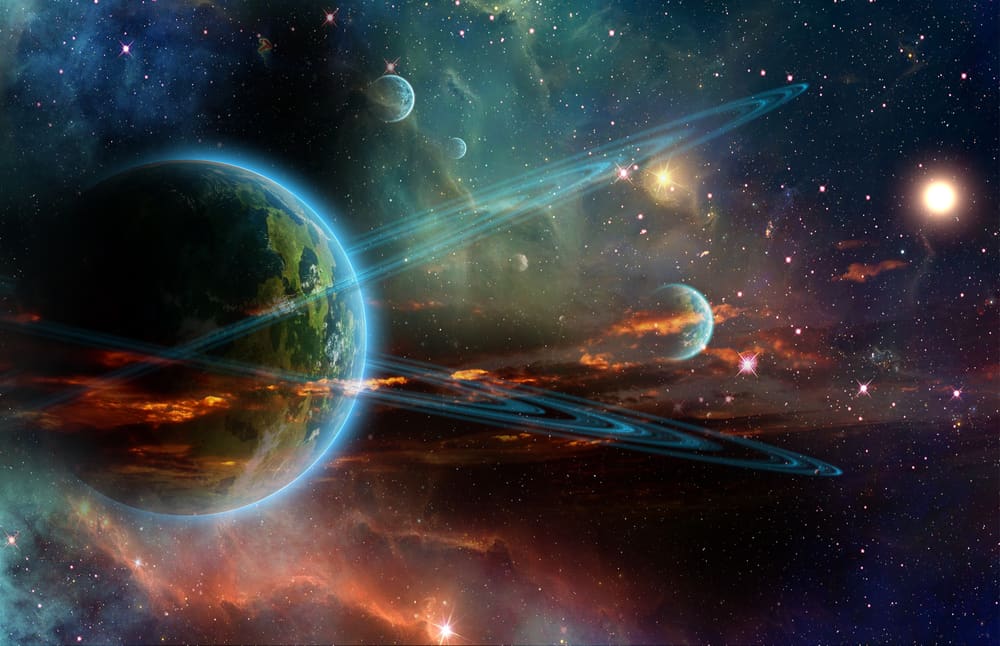
11. Celebrate Space Week (October 4th to 10th)
If there’s a week filled with science, technology, and space exploration that you can’t miss, is this one. World Space Week is the largest annual space event globally, with over 8,000 events in almost 100 countries, celebrating all the contributions to the evolution of the human condition. The week of the event is very significant in the science community because it also commemorates the anniversaries of some of the most important dates in space history; the launch of the first human-made satellite, Sputnik, on October 4th, 1957l and the signing of the Outer Space Treaty on October 10th, 1967.
World Space Week was officially declared On December 6th, 1999, at the United Nations General Assembly, and since then, millions of people worldwide have attended some of the events happening that week. Its goal is to provide a unique way to educate about space and all the benefits we receive from it. It is also a great way to encourage better use of space for sustainable economic development and make the younger generation excited about technology, engineering, science, and math. This year, it was a celebration of women in space, giving a tribute to all the women of science and their contributions to the space sector.
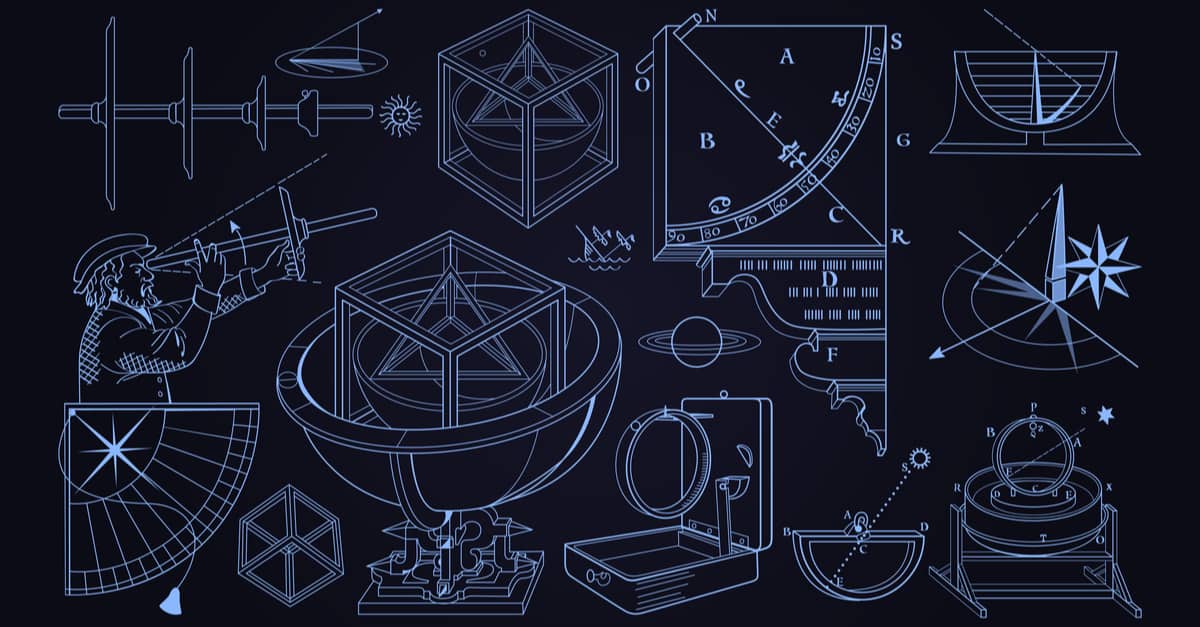
10. The Scientific Revolution of Johannes Kepler (December 27th)
This German astronomer, mathematician, natural philosopher, astrologer, and music composer is vital in the 17th century Scientific Revolution. Kepler is better known for being the publisher of the laws of planetary motion. These laws describe the planets around the sun. He was the first to discover that Mercury and Venus would transit the sun in 1631. Kepler also wrote many influential books like Astronomia nova and Epitome Astronomiae Copernicanae. These books laid the foundations for Newton’s theory of universal gravitation. Interestingly enough, Kepler used religious arguments in all of his works. Kepler always mentions that God was the creator of everything with a plan accessible through the natural light of reason.
Johannes Kepler used to be a mathematics teacher at a seminary school, which later allowed him to become an associate of Prince Hans Ulrich von Eggenberg. That opened the door of opportunity to turn into an imperial mathematician to Emperor Rudolf II and other emperors of the time. During this time, he also did fundamental work in the optics field, improving a version of the refracting telescope, also known as a Keplerian telescope. Because of it, he was mentioned by his contemporary Galileo Galilei when writing about telescopic discoveries. Because of his achievements, his legacy in the astronomy world inspired many other scientists. That includes throughout history and even in the present.
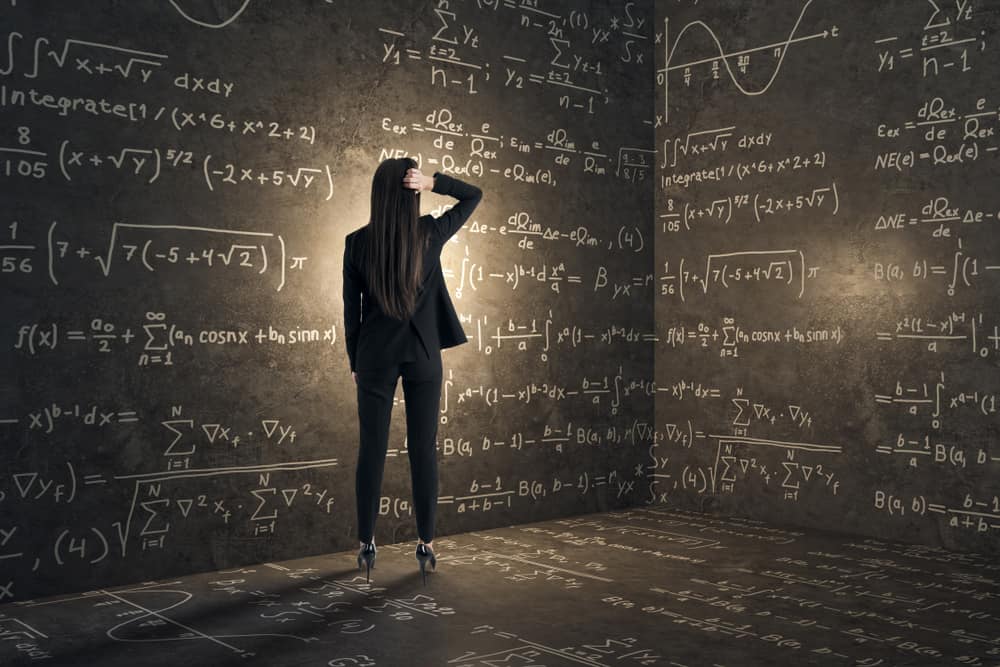
9. Celebrating Ada Lovelace, the First Computer Programmer (October 12th)
English mathematician Ada Lovelace is one of the first computer programmers in history. Some of her achievements explain the difference between Analytical Engine and other older versions of calculating machines. She programmed these machines to solve problems, no matter how complex they can be. Lovelace was so sure of the capabilities of computers. She published the first algorithm that a machine could use to carry other commands. Furthermore, these commands were beyond what they had in the early 1800s. She was even aware that computer devices would go beyond doing calculations. These calculations can solve advanced algorithms.
When her father, poet Lord Byron, left their home, her mother stayed bitter about her husband leaving her. The mother decided to promote and help Ada find an incline to mathematics and logic. That way, she didn’t follow in her father’s footsteps. As an adult, her social and educational exploits helped her meet some of the most prominent scientists of the time. That included Michael Faraday, Andrew Crosse, Sir David Brewster, and Charles Babbage. They had a fond friendship that ended with him inviting her all the time to work and see some of his prototypes. He would call her “the Enchantress of Numbers” for how passionate she was about trying to figure out a way to contribute to the advances of the difference engine. You can celebrate Ada Lovelace on October 12th every year.
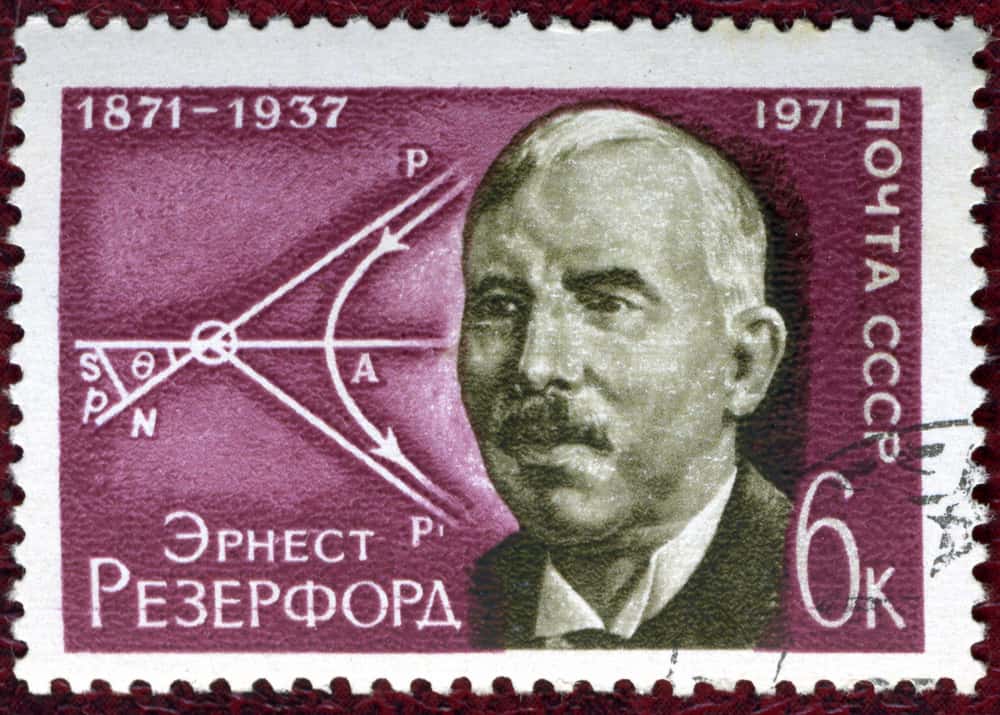
8. The Birthday of Ernest Rutherford, the Father of Nuclear Physics (August 30th)
On August 30th, 1871, Ernest Rutherford, First Baron Rutherford of Nelson, was born. We celebrate this date, as this was the man colloquially known as the father of nuclear physics. His significant accomplishments include discovering the concept of radioactive half-life, which is the time it takes for unstable atoms to reduce to half of their given value. In 1899, along with Robert B Owens, he discovered the element radon. He also found and named alpha and beta radiation, which was the basis for his receiving the Nobel Prize in Chemistry that he was awarded in 1908.
Rutherford is such a towering figure in the scientific community, a reason he deserves an annual birthday celebration. He has several buildings and awards named after him, such as Rutherford College, which has campus locations in Kent at the University of Kent, Canterbury, England, and Auckland, New Zealand. At Loughborough University, he has a student residence hall named after him. His name also graces several prestigious awards, notably the Rutherford Memorial Medal, which the Royal Society of Canada gives out for research in physics and chemistry. The Rutherford Medal and Prize is given out every other year for “distinguished research in nuclear physics or nuclear technology” by the Institute of Physics from the United Kingdom.

7. Fibonacci Day (November 23rd)
People celebrate Fibonacci Day in the mathematics community on November 23rd of every year. It is simply because the date, written as 11/23, represents the first four numbers of what we call the Fibonacci sequence. First written about in the book Liber Abaci in the year 1202, authored by, you guessed it, Fibonacci (aka Leonardo Bonacci or Leonardo Bigollo Pisano). A basic explanation of the sequence is this: 0, 1, 1, 2, 3, 5, 8, 13, 21, 34, 55, 89 and so on. Each number is the total sum of the two numbers that came before it with the potential to reach infinity.
This sequence of numbers is so standard that it even exists in multiple places in nature. For example, in the leaves of several plants, within a pineapple, or in pinecones of pine trees. Being such a standard mathematical figure, there is even a scientific journal dedicated to it under the name of Fibonacci Quarterly, which is done as a publication of The Fibonacci Association. It publishes four journals a year and has done ever since 1963. The journal publishes related articles, mathematical quizzes, and articles written by invited and distinguished mathematicians.

6. National Engineers Day (February 22nd)
Without Engineers, we literally (literally, not figuratively) could not have the world we live in now. An engineer has touched everything piece of technology and building we utilize in our daily lives at some point, and this is why we take a whole week in February to celebrate engineers. Officially, the week is determined by George Washington’s actual Birthday (February 22nd, as that will be the week designated. This practice was started in 1951 by a group known as the National Society of Professional Engineers. It encompasses Washington’s birthday as he is considered the nation’s first engineer as he was a trained surveyor.
They initially celebrated during this week at the University of Missouri College of Engineering back in 1903. They had used St. Patrick as their emissary as he is the patron saint of engineers. The National Society uses this week to bring attention to and honors people within the profession who have demonstrated technical skills, provided leadership, community service, or have publications. Over 50 world governments and corporations and over 70 educational and cultural societies, the week is currently observed.

5. Arbor Day (April 29th)
Arbor Day is one of the most widespread observance days in the world. In the United States, Arbor Day is always on the last Friday in April. It is a holiday in which people come together to plant trees to beautify their local area. Not only are trees important, but this can help combat climate change. People plant several millions of trees on this day just in the United States alone. In fact, The Arbor Day Foundation, which has over a million members, has been singularly responsible for producing over 350 million trees worldwide since its inception in 1972. They average around 5 million trees planted annually in the United States. The true importance of this day cannot be understated.
The idea for Arbor Day came before the foundation was created in 1972. In Nebraska City, J. Sterling Morton held an annual meeting of the Nebraska State Board of Agriculture, where it was approved to do so in 1872. By April of that year, an estimated one million trees were planted all across Nebraska. Birdsey Northrop took the idea and brought it to Japan in 1883 to bring a village improvement message. The American Forestry Association later chose him to be the Chairman of the Committee to get Arbor Day to every State in America. He also brought the idea to other places like Canada, Europe, and Australia, and the rest is history.
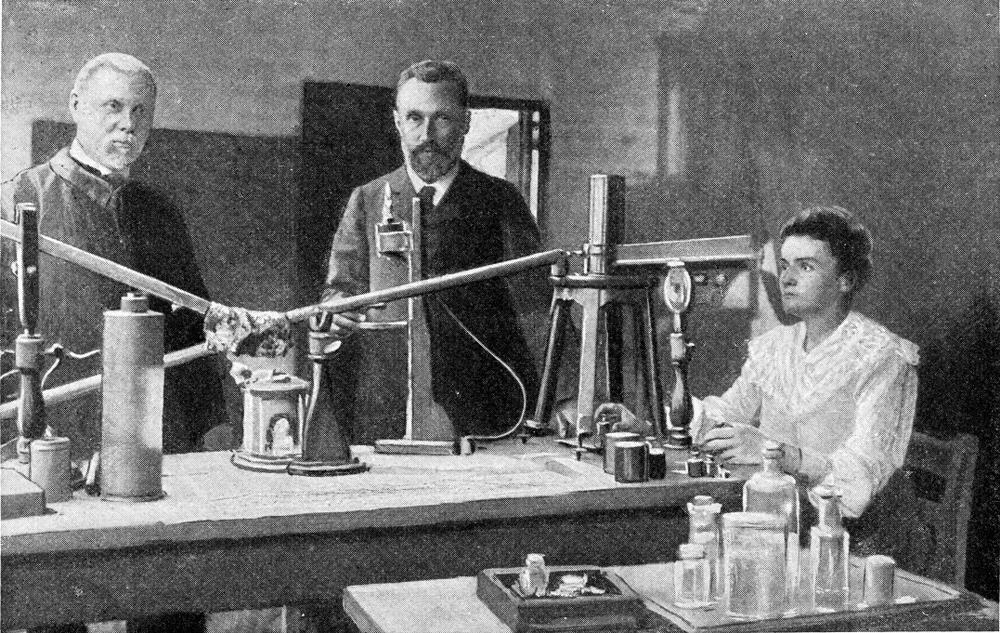
4. Celebrate Marie Curie’s Legacy (November 7th)
Marie Curie was a physicist and chemist. People consider her a key person in researching radioactivity, discovering radium and polonium. She found them with a technique that she invented that isolates radioactive isotopes. She is the first woman to win a Nobel Prize in physics. Curie did so with her husband, Antoine Henri Becquerel, in 1903 for their studies in spontaneous radiation. They were the first married couple to with a Nobel Prize. She later won another one in 1911 in chemistry. This award was for her work with radioactivity and finding polonium and radium. Marie Curie is the only person and only woman to win two Nobel prizes in two different scientific fields.
After her husband died in an accident in Paris, she occupied his position as a chemistry professor at the University of Paris. Again, she set a record, making her the first woman to become a professor there. In 1920, she founded the Curie Institutes in Paris. Later, she opened one in Warsaw, where they major in doing medical research. During World War I, Marie Curie created mobile radiography, which was essential in field hospitals. After years of radiation exposure while doing her research, she died of aplastic anemia. The radiation contamination she went through during her career was excessive. There was so much that all her notebooks, cookbooks, and personal papers are locked in lead-line boxes. To inspect her documents, they need to use protecting clothes. Let’s learn more about her amazing legacy in science as we celebrate Marie Curie on November 7th.

3. Data Privacy Day (January 28th)
This international event is one that everyone needs to pay attention to and celebrate. That is especially true in this technological and social media age we are in now. The objective to this day is to raise awareness for data privacy. It also helps promote the best practices in data protection among businesses, individuals, and families. It highlights the importance of protecting yourself online, especially when it comes to social networking. Why? That is where people can accidentally share too much personal info, resulting in a data breach. Yes, Data Privacy Day is about protecting yourself online. However, this international celebration and its organizers also offer activities that encourage people to join a movement to develop technology. That goes double for ones that promote individual control about their information.
This day and movement started in 1981 with the Convention for the Protection of Individuals concerning Automatic Processing of Personal Data. They opened for signatures by the Council of Europe. Today, the convention is still getting updated to reflect all the challenges and legal regulations that are still evolving. Furthermore, they are looking for better ways to improve privacy in cyberspace. The Data Protection Day was officially decided in 2007 in Europe. In 2009, the United States House of Representatives passed a resolution declaring January 28th National Data Privacy Day. Everyone should take caution to protect their data privacy.
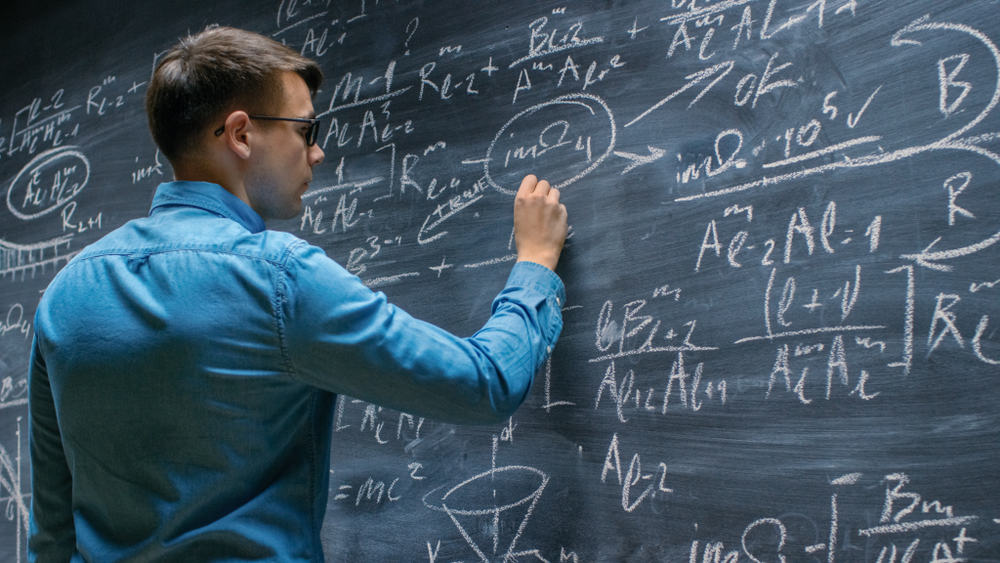
2. Learn About the Beautiful Mind of John Forbes Nash Jr. (May 19th)
John Forbes Nash Jr. was a famous American mathematician whose contributions were in differential geometry, game theory, and the study of partial differential equations. He won the Nobel Prize for Economics in 1994 for developing in the Mathematics of game theory. Furthermore, in 2015, he won the Abel Prize on May 19th for his contributions to the study of partial differential equations, making him the first person to win both awards. His work, especially his theoretical studies, is valuable in economics and schools around the world. Many people knew him as the person in the film “A Beautiful Mind” with Russel Crowe. Like many Hollywood films, adaptions were in the movie.
In 1950, he earned his Ph.D. with a thesis about the definition and properties of what is known as the Nash equilibrium, an important concept when it comes to non-cooperative games, and made him win the Nobel Memorial Prize in Economic Sciences, and wrote four books about the idea. In 1959, he was diagnosed with paranoid schizophrenia. This disorder makes the patient feel paranoid and have fixed unrealistic, over-imaginative, or false beliefs, with experiences that feel real but not present. Even still, he never let the disorder stop him from being one of the most celebrated mathematicians in history.
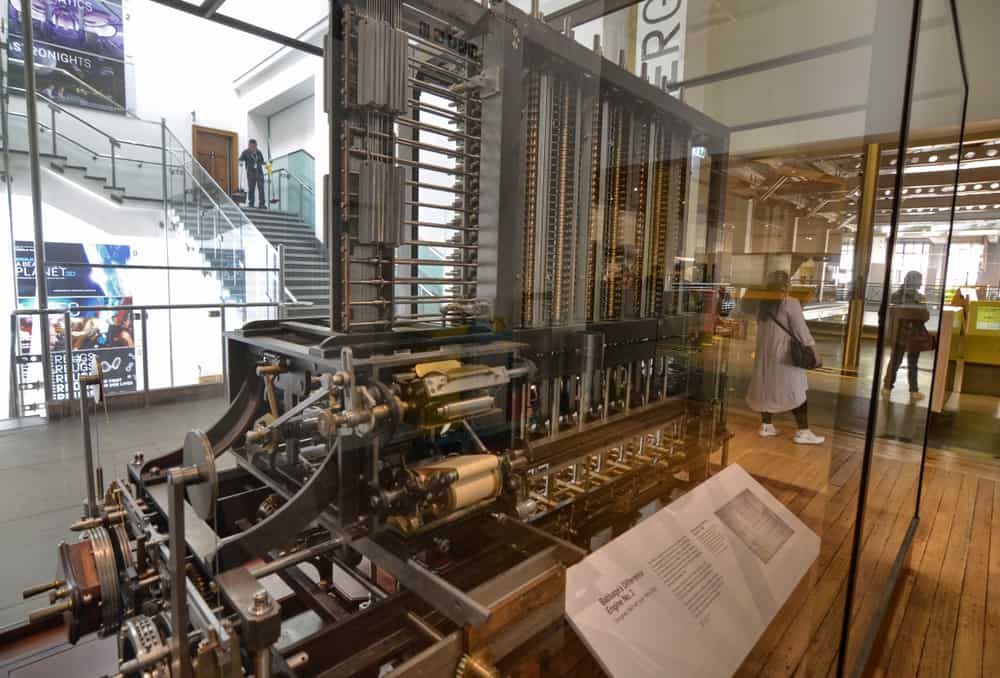
1. Celebrate Charles Babbage’s Machines (December 26th)
Charles was a mathematician, inventor, mechanical engineer, and computer designer whose inventions and designs were the base for what we know as the digital programable computer. He is known for designing two engines; the Difference Engine and the Analytical Engine. They are both named after mathematical principles, which are the basis of these machines. The Difference engine could crunch numbers and calculations by repeating addition following the method of finite differences; it was a giant calculator that couldn’t do arithmetical calculations. After finishing designing this engine, he went and jumped on making an upgrade, but at the same time, a different machine.
The Analytical Engine could go beyond being a calculator, and it could mark a progression from the mechanical version of calculation to an all-purpose computation. Even with all the wealth and sources he had to make these machines a reality, many rocks were put on his way, which we are still trying to figure out. However, history believes he had engineers who had disputes about Babbage’s inventions, making it impossible for him to continue working. Sadly he never saw it come to a reality. It wasn’t until the 1980s when Allan G. Bromley, a professor at the University of Sydney, studied Babbage’s drawings and papers. Over two hundred years after Babbage’s cherished engine, a fully working Difference engine was built and displayed at the Intellectual Ventures in Seattle just outside the main lobby for everyone to admire.

